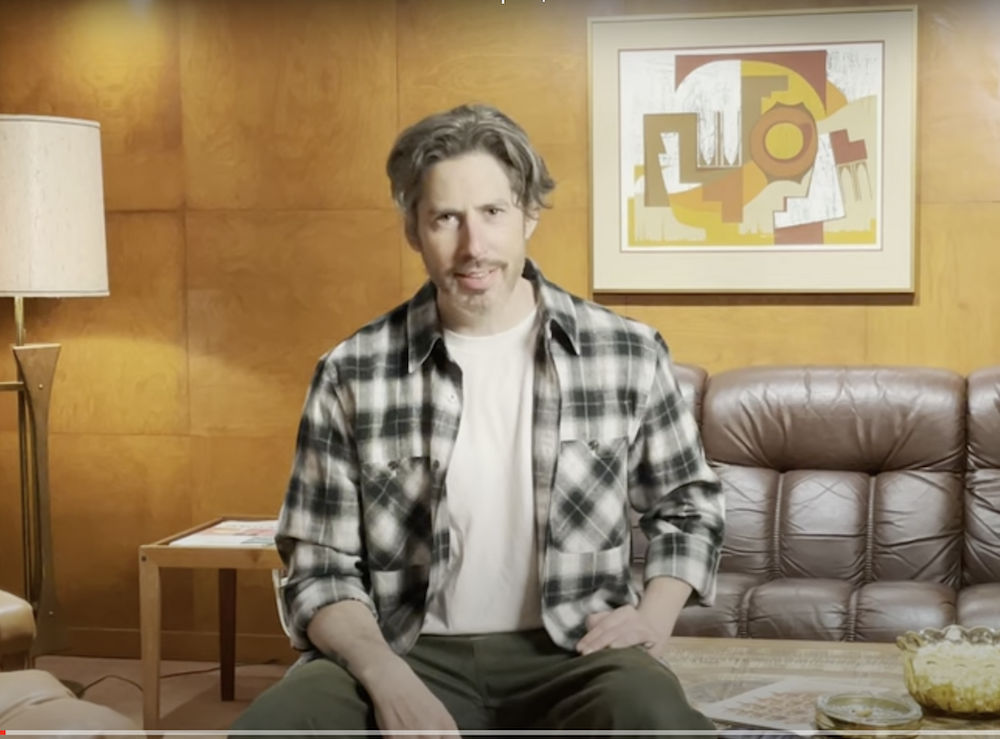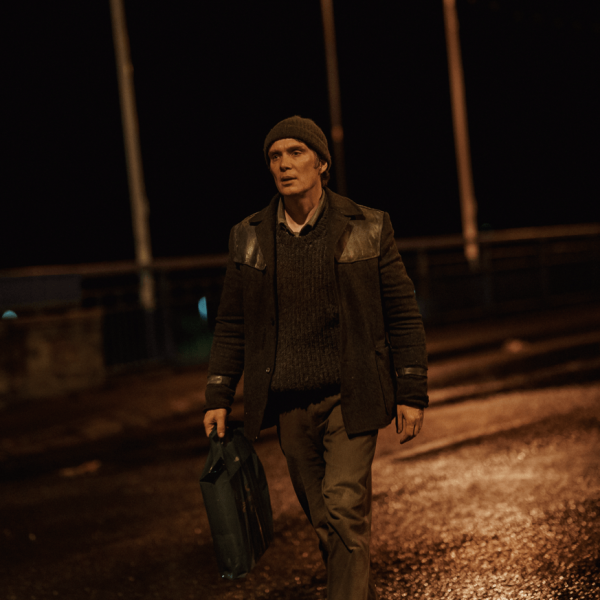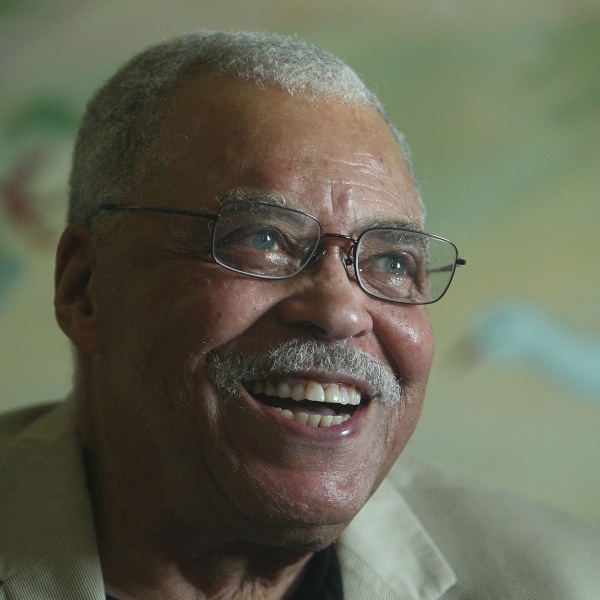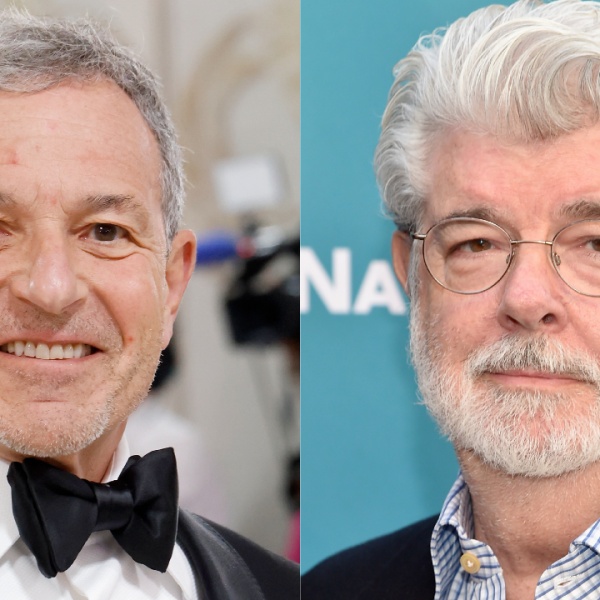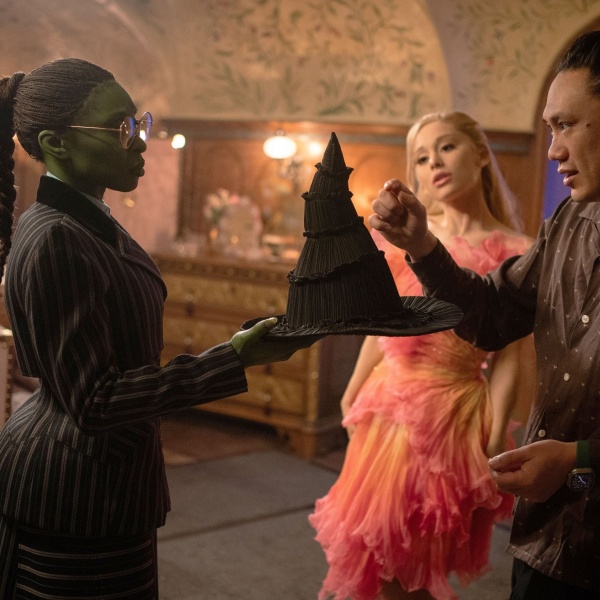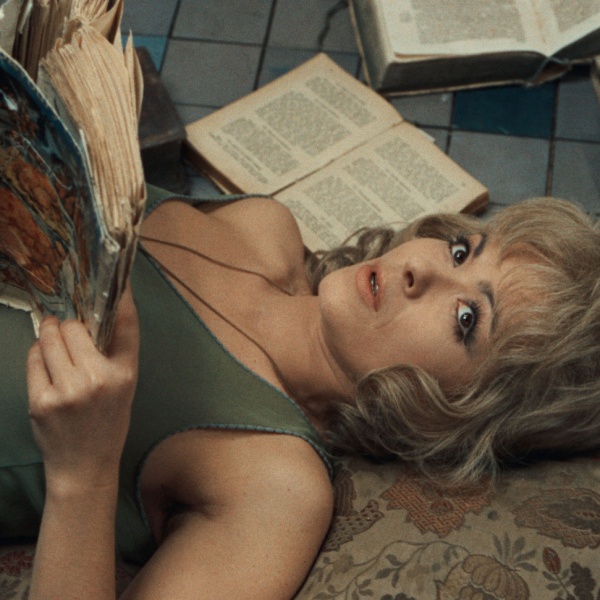Directors are lining up left and right each month to share their favorite films from the TCM lineup, and the latest is Jason Reitman. He follows Steven Spielberg going deep on “Meet Me in St. Louis,” Martin Scorsese praising “Madonna of the Seven Moons,” Guillermo del Toro making the case why overlooked “Suspicion” is top-tier Hitchcock, and so many more.
IndieWire simply loves directors sharing their favorite films and paying tribute to the directors and screenwriters behind them. And that enthusiasm comes across loud and clear in “SNL 1975” director Reitman’s picks. First up, Reitman, whose always had an ear for dialogue himself, talks about what’s so great about the patter in Barry Levinson’s “Diner.”
“[‘Diner’] is probably one of the best first movies for a filmmaker of all time,” Reitman said. “And the dialogue is delicious. You can’t look at a Quentin Tarantino movie and see people talking around a restaurant booth and not think of ‘Diner.’ This is it: This is Moment One. It’s the introduction to all these extraordinary actors. It’s probably the first time a lot of people saw Mickey Rourke, Steve Guttenberg, Paul Reiser, Daniel Stern. ‘Diner’ has iconic scenes, iconic shots, and of course iconic dialogue. It’s one of those movies you end up quoting for the rest of your life.”
“Lenny” is a movie that’s sometimes overlooked for both director Bob Fosse and star Dustin Hoffman’s bodies of work. Reitman hopes that changes.
“I probably watch this movie every year,” he said. “It’s directed by Bob Fosse, one of the great choreographers of all time, and yet every set feels real, every performance feels natural, the look of the film is sweaty and filthy. It looks like a movie that was literally made out of jazz solos and pinups. It’s gross in the best way. And what really moves me is the naturalism of the piece. It feels almost like a documentary, and it breaks your heart that way. The ending of the movie is so brave — he makes cuts that feel like they should be illegal. And you have to remember he’s right on the verge of making ‘All That Jazz’ and ‘Star 80,’ so you have a filmmaker who’s right on the verge of making a masterpiece and you can feel that in every moment of ‘Lenny.’ You feel a director who’s expanding their storytelling language and really exploring what you can do with the camera and playing with the idea of ‘what is artifice, and what is real?’ What is a documentary scene and what is something that’s composed like cinema?”
Dialogue is again at the top of Reitman’s mind when considering “Double Indemnity.”
“One of the things that always blows my mind about this film and all of Billy Wilder’s work is the language — his writing is extraordinary,” Reitman said. “And his control over English, and comedy, and puns blows my mind because he didn’t grow up here, and English wasn’t his first language. The other thing about Wilder is that he shoots the lights out. His shots are not only gorgeous but they find a way to have a second or third or fourth mood in a way that’s maybe only second to Spielberg. He’s constantly telling the story with the camera even though the language is so good.”
And finally, he wraps with a film that has a lot of fans but whose director is sometimes left out of conversations about auteurs: “The Bad News Bears” by Michael Ritchie. Reitman hopes to change that.
“It’s profane, it’s wily, it captures young people with so much authenticity. It’s really hard to imagine Richard Linklater without ‘Bad News Bears’ or even ‘Superbad’ without ‘Bad News Bears.’ One of the reasons I’m thrilled ‘Bad News Bears’ is on TCM this month is it’s by one of my favorite filmmakers who doesn’t get spoken about enough: Michael Ritchie. He directed ‘Downhill Racer,’ he directed ‘The Candidate,’ ‘Smile,’ ‘Fletch,’ and one of the ideas that’s central to all of his films is our obsession with winning, whether it’s a ski race or a senate race or a beauty pageant or little league baseball.”
